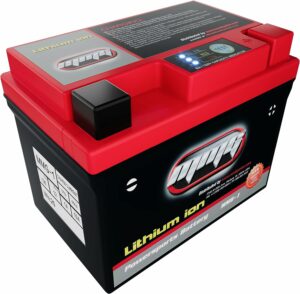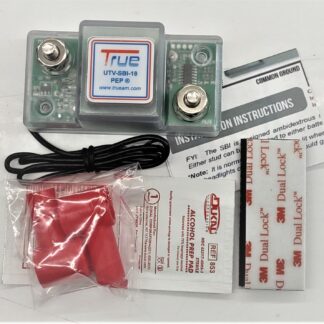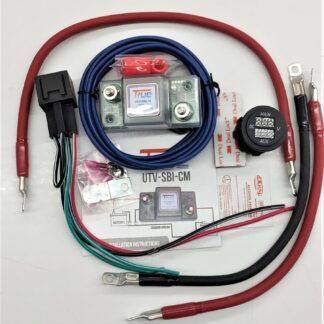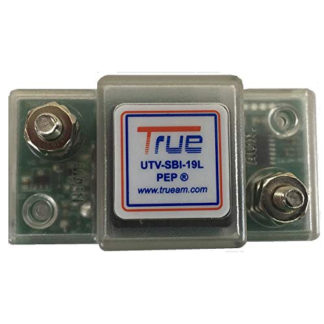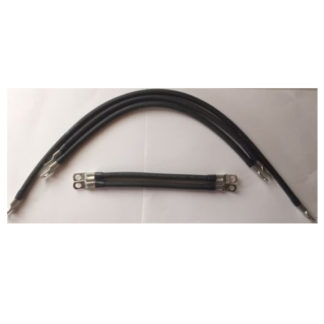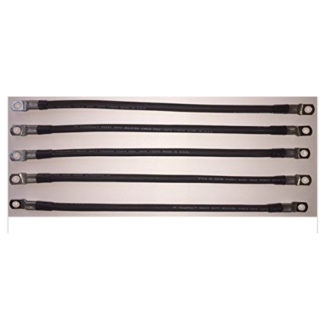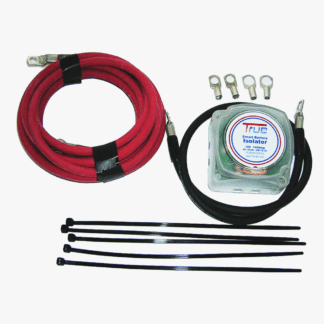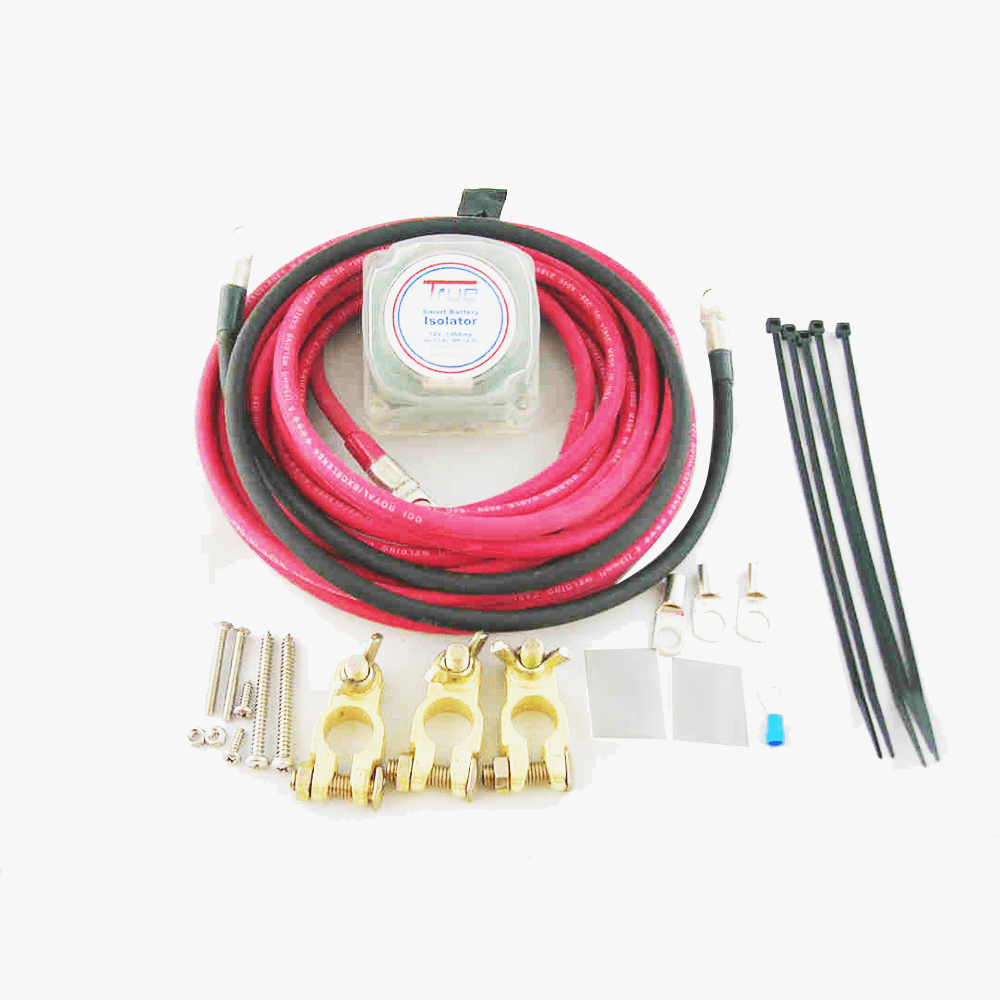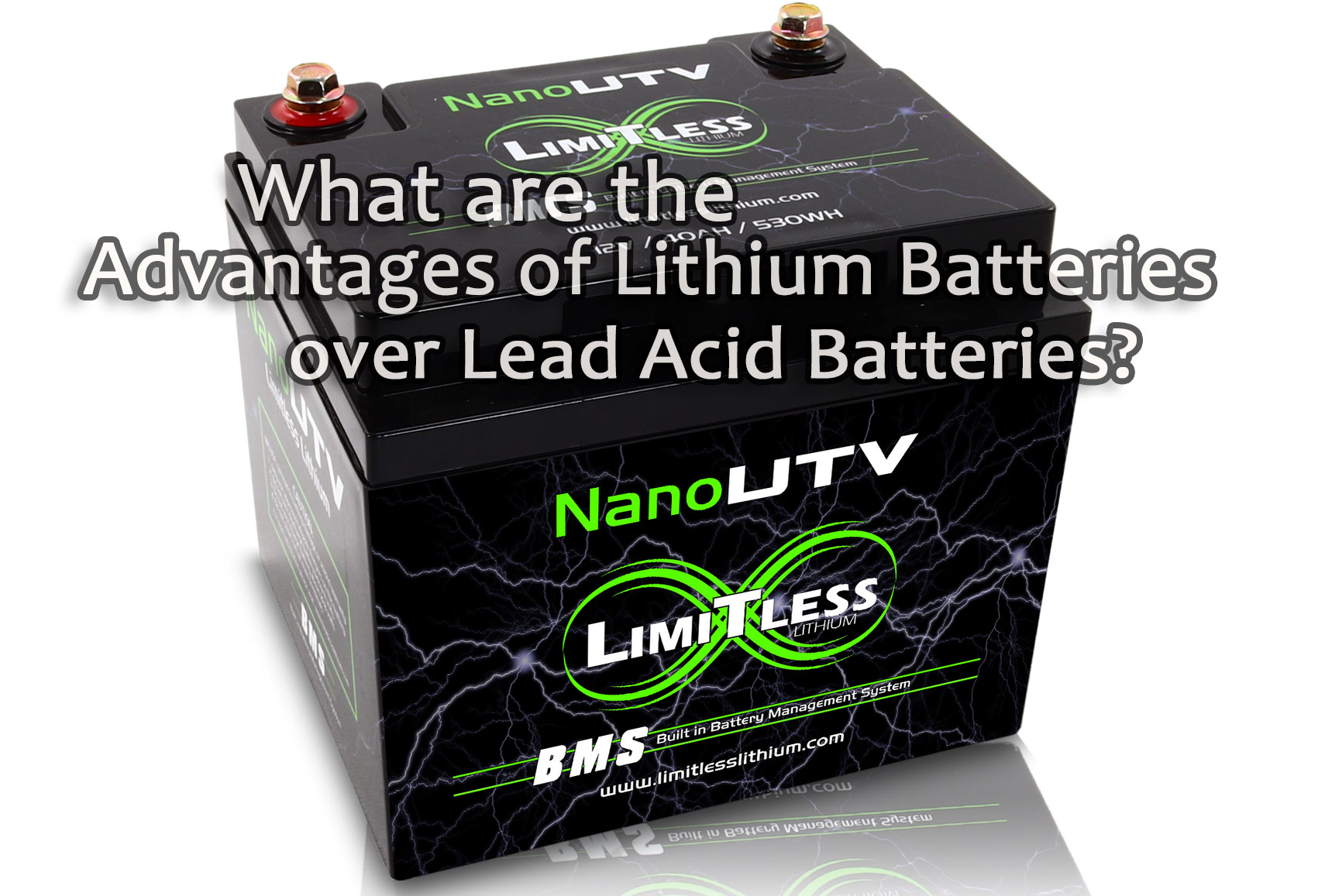
Lithium-ion batteries offer several advantages over lead-acid batteries in various applications due to their superior performance and characteristics.
Here are some key advantages of lithium batteries over lead-acid batteries:
- Higher Energy Density: Lithium-ion batteries have a much higher energy density compared to lead-acid batteries. This means they can store more energy in a smaller and lighter package, making them ideal for applications where space and weight are important considerations, such as portable electronics and electric vehicles.
- Lighter Weight: Lithium-ion batteries are significantly lighter than lead-acid batteries with similar energy storage capacities. This weight advantage is crucial for applications like electric vehicles, where reducing weight can improve overall efficiency and performance.
- Greater Efficiency: Lithium-ion batteries have higher charge and discharge efficiency compared to lead-acid batteries. This means that a larger proportion of the energy stored in a lithium-ion battery can be effectively used, resulting in less energy waste during charging and discharging cycles.
- Faster Charging and Discharging: Lithium-ion batteries can be charged and discharged at a faster rate than lead-acid batteries. This feature is particularly useful in applications where quick power bursts are required, such as power tools or electric vehicles that need rapid acceleration.
- Longer Cycle Life: Lithium-ion batteries generally have a longer cycle life than lead-acid batteries. A cycle refers to one full charge and discharge cycle. The longer cycle life of lithium batteries means they can endure more charge-discharge cycles before experiencing significant capacity degradation.
- Maintenance-Free: Lead-acid batteries require periodic maintenance, such as topping up with distilled water and equalizing charges. In contrast, lithium-ion batteries are mostly maintenance-free, reducing the effort and cost associated with upkeep.
- Lower Self-Discharge Rate: Lithium-ion batteries have a lower self-discharge rate compared to lead-acid batteries. This means they can hold their charge for longer periods without significant loss, making them more suitable for applications where long periods of storage between uses are common.
- Compact Size and Flexibility: Lithium-ion batteries can be designed in various shapes and sizes, making them more adaptable to different form factors and applications. This flexibility is particularly advantageous in industries where space constraints are a concern.
- Environmental Impact: Lithium-ion batteries tend to have a lower environmental impact than lead-acid batteries. Lead-acid batteries contain toxic materials like lead and sulfuric acid, which can pose environmental and health risks during manufacturing, use, and disposal.
- Voltage Stability: Lithium-ion batteries provide more consistent voltage output over their discharge cycle compared to lead-acid batteries, which can have voltage fluctuations as they discharge.
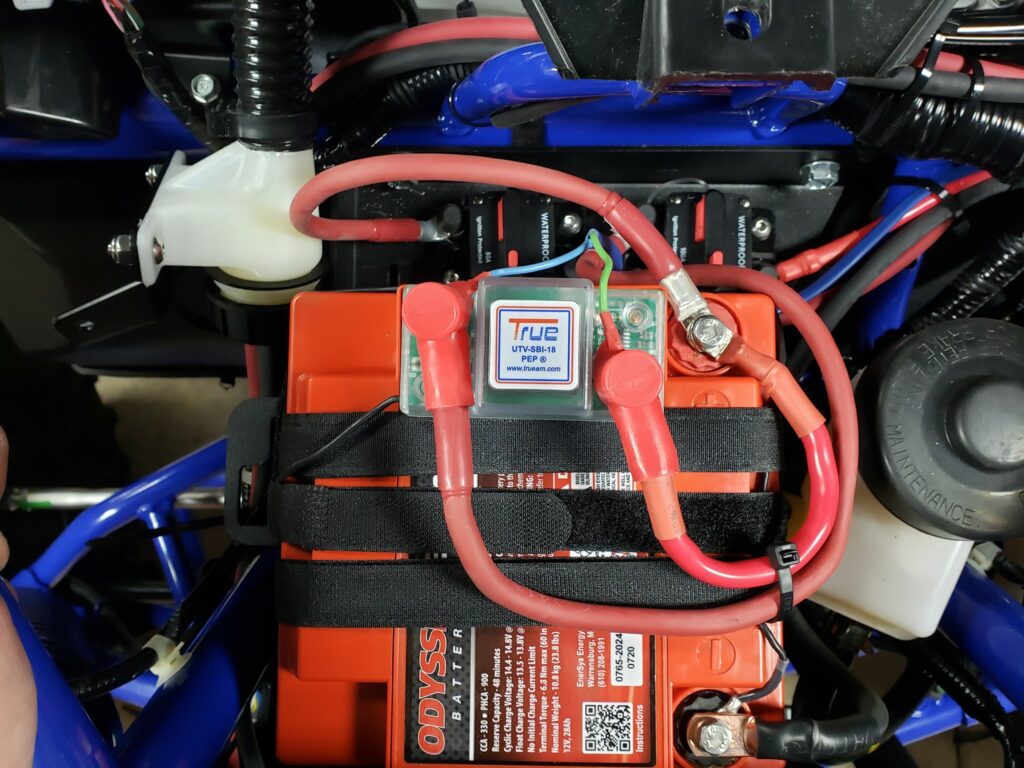
While lithium-ion batteries offer numerous advantages, it’s important to note that they also have some drawbacks, including higher initial cost, potential safety concerns if mishandled or damaged, and the need for careful charging and management to prevent overcharging or deep discharging. The choice between lithium-ion and lead-acid batteries depends on the specific requirements of the application and the trade-offs that best suit those requirements.
(Visited 113 times, 1 visits today)


